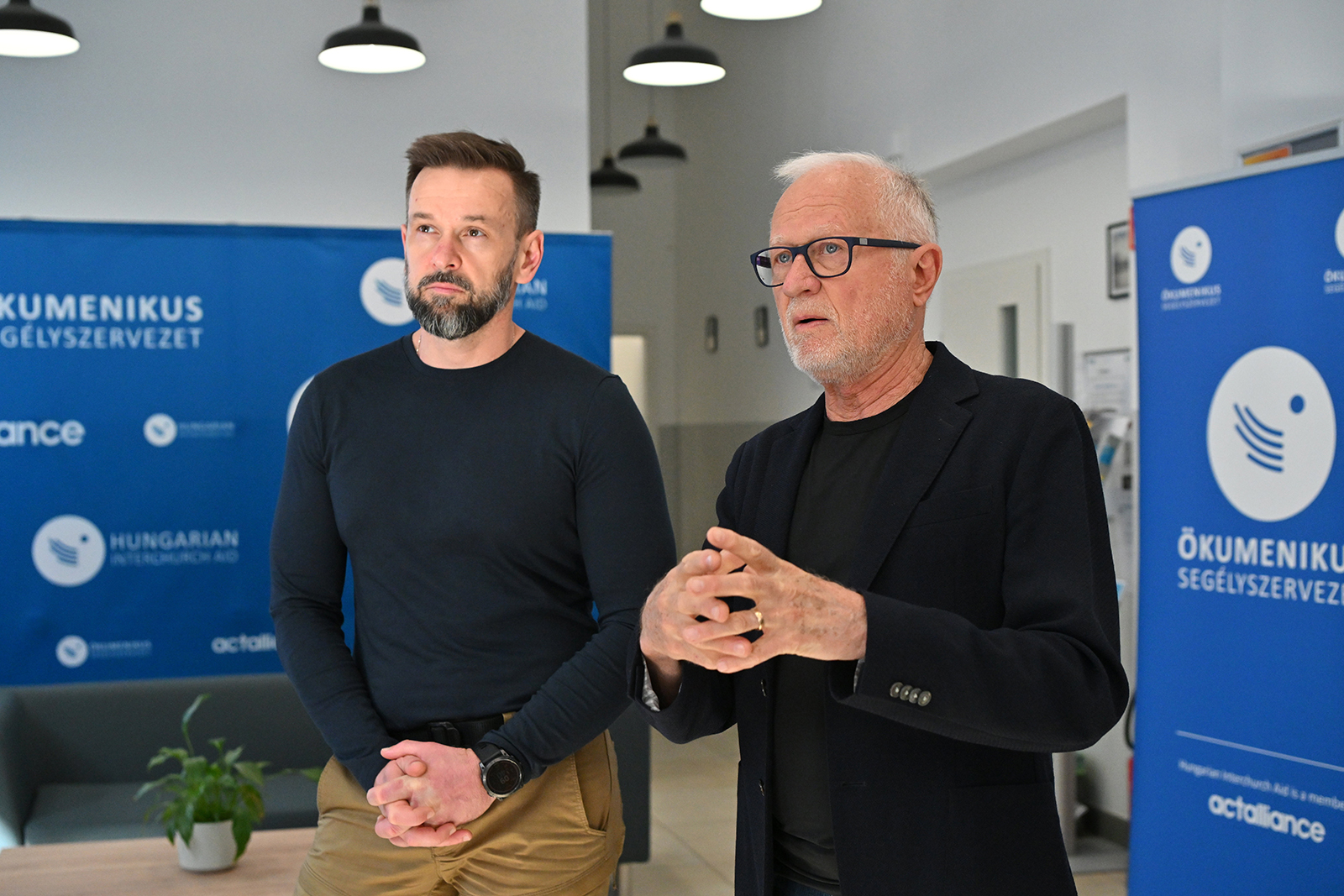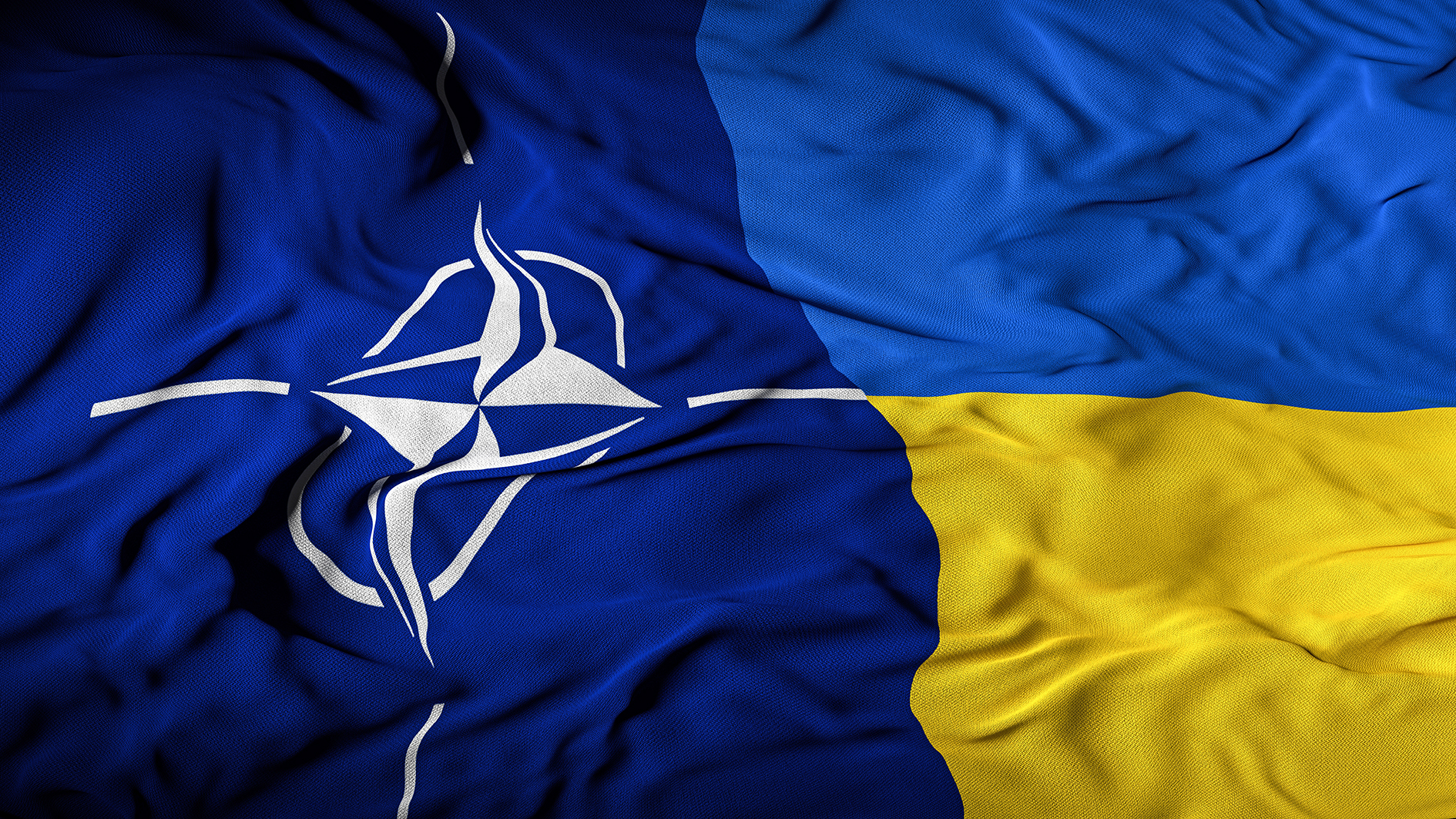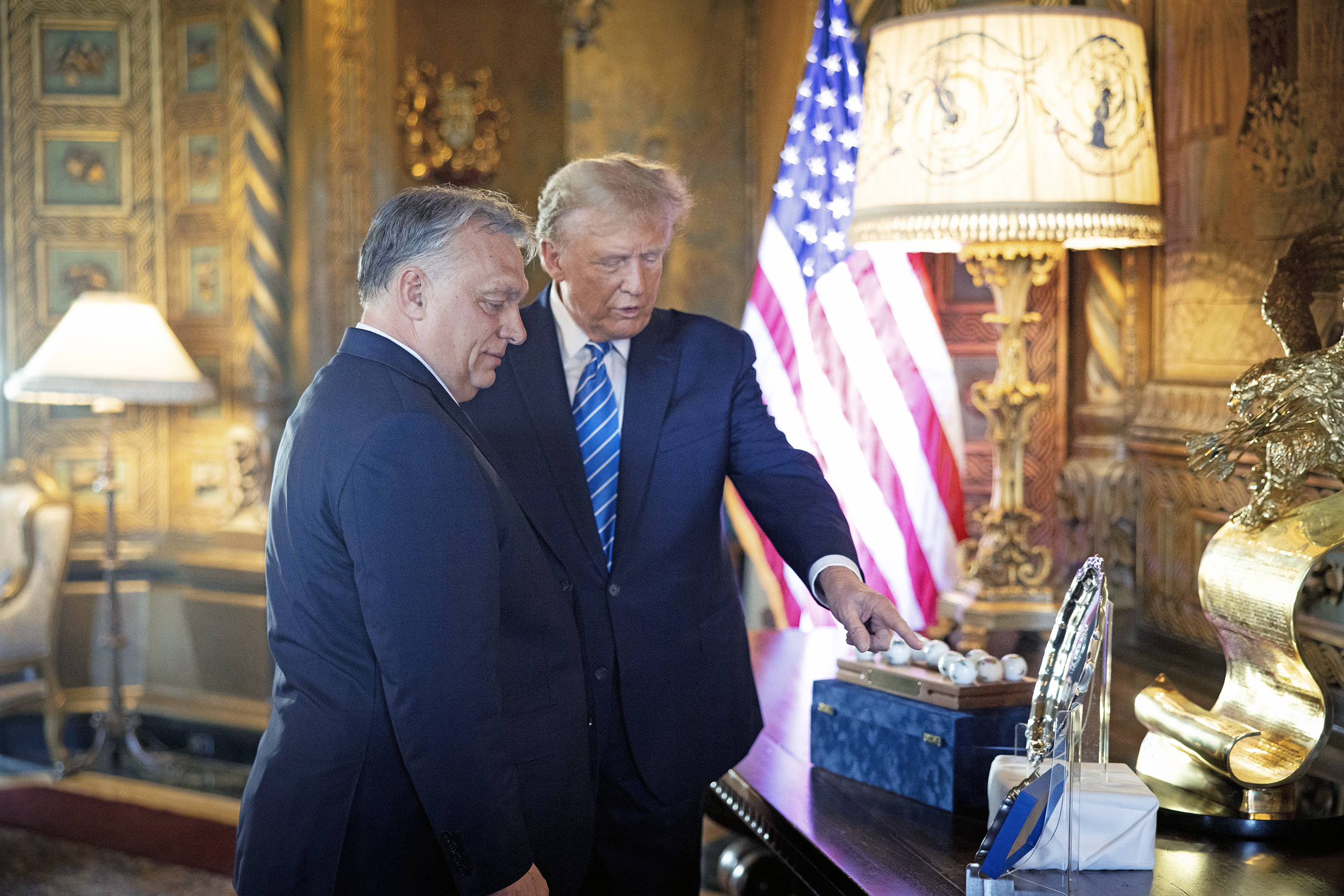NATO Pressure Mounts as Hungary Takes Pulse on EU Actions

Lieutenant General Nicola Zanelli, Deputy Commander of NATO Allied Land Command (at center, in beret), meets Hungarian and Italian soldiers of the NATO Forward Land Force Battlegroup (FLF BG) at a joint firing exercise in Hajdúhadháza, 230 km east of Budapest. In the meantime, Hungary has still not ratified Sweden’s NATO accession.
Photo by László Gardener/ HM Zrínyi Nonprofit Ltd. / honvedelem.hu / MTI
Jens Stoltenberg, Secretary-General of the North Atlantic Treaty Organization, urged both Hungary and Turkey to promptly follow through with officially approving Sweden’s bid to join the Western military alliance in an interview with Index.hu on Nov. 28. Hungary and Turkey remain the only holdouts within NATO preventing Sweden’s accession, a process requiring unanimity.
Although they had given their nominal approval earlier in the summer, the ratification proposals have since lingered in the two countries’ respective legislatures.
“All NATO allies support Sweden’s accession to NATO, and Sweden has fulfilled all its commitments,” Stoltenberg said. “I expect Turkey and Hungary to ratify the accession without further delay.”
In the interview, the Secretary-General had praised Turkish President Recep Tayyip Erdoğan, who will pay an official visit to Budapest next month, for introducing the accession protocol to the Turkish Grand National Assembly and said he had spoken about the matter with President Katalin Novák when she had visited Brussels recently, adding that she agreed that “Sweden’s membership would make the whole alliance stronger.”
Stoltenberg pointed out that the Hungarian government had stated several times that it would not be the last ally to ratify Sweden’s accession. The United States Ambassador to Hungary had previously emphasized this point on Nov. 16.
“I have been repeatedly assured at the senior-most levels of this government that Hungary will not be last to ratify Sweden’s accession to NATO,” Ambassador David Pressman said. “I expect Hungary to fulfill its commitments,” Stoltenberg concluded.
Hungary has also taken on an ever more skeptical perspective in its approach to the European Union’s support of Ukraine. At a meeting of the General Affairs Council in Brussels on Nov. 15, Minister of EU Affairs János Bóka said that Hungary needed “a period of reflection and a strategic discussion on the policy of the European Union towards Ukraine. Before this strategic discussion, we are not in a position to take the decisions regarding the further steps in the accession process of Ukraine or the review of the multiannual financial framework,” he added.
National Consultation
To this end, the government has issued a new National Consultation survey, seeking the Hungarian population’s opinion about recent initiatives proposed by the European Commission.
In addition to matters such as the phasing out of the regulated utility price scheme for households, the interest rate cap, the windfall profit tax, as well as mandatory migrant relocation, and EU funding for Palestinian organizations, the survey also seeks to gauge support for the EU continuing financial aid for Ukraine, and that country’s prospective membership in the union.
Meanwhile, a recent analysis of Hungarian media by doctoral students at Johns Hopkins University revealed that narratives surrounding Ukraine largely matched those of Russian propaganda publications.
After using AI to analyze thousands of articles published by Hungarian media, the researchers found that between the fall of 2021 and the spring of 2022, the number of articles covering arms deliveries, EU sanctions, and ethnic minorities increased rapidly.
Additionally, they appeared to consistently follow the same narrative patterns: that arms supplies prolong wars, European Union sanctions are damaging to the Hungarian economy, and that Ukraine mistreats ethnic minorities, which the researchers claim shifted national sentiment to support Russian objectives from mid-September 2021.
“We can only speculate about the motivation of the Hungarian media to increasingly regurgitate Russian propaganda from that point on,” Martin Wendiggensen, one of the researchers, said when presenting the results of the investigation at a recent LabsCon security conference.
This article was first published in the Budapest Business Journal print issue of December 1, 2023.
SUPPORT THE BUDAPEST BUSINESS JOURNAL
Producing journalism that is worthy of the name is a costly business. For 27 years, the publishers, editors and reporters of the Budapest Business Journal have striven to bring you business news that works, information that you can trust, that is factual, accurate and presented without fear or favor.
Newspaper organizations across the globe have struggled to find a business model that allows them to continue to excel, without compromising their ability to perform. Most recently, some have experimented with the idea of involving their most important stakeholders, their readers.
We would like to offer that same opportunity to our readers. We would like to invite you to help us deliver the quality business journalism you require. Hit our Support the BBJ button and you can choose the how much and how often you send us your contributions.










